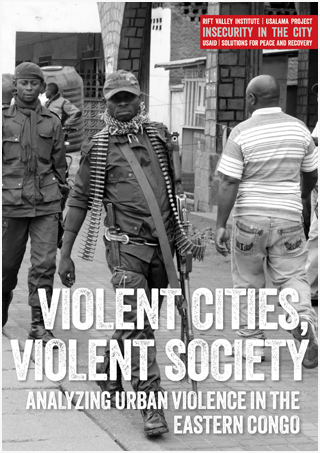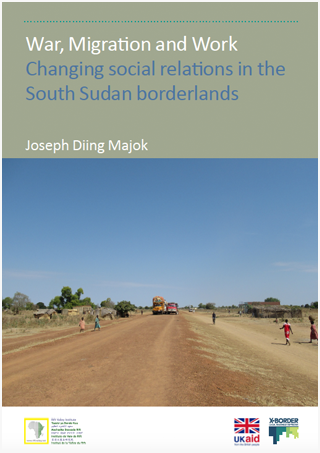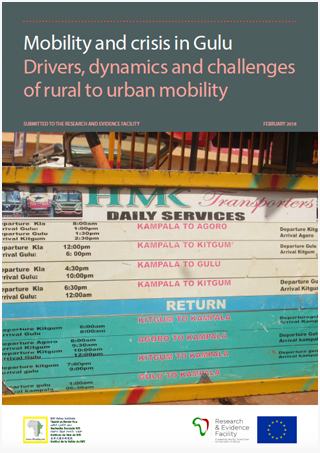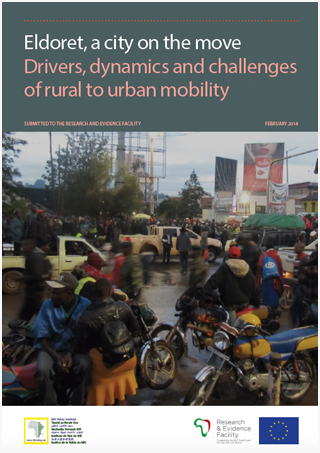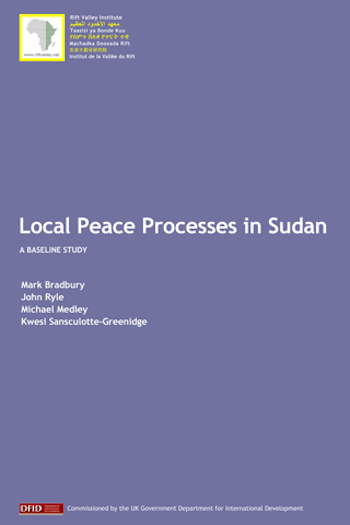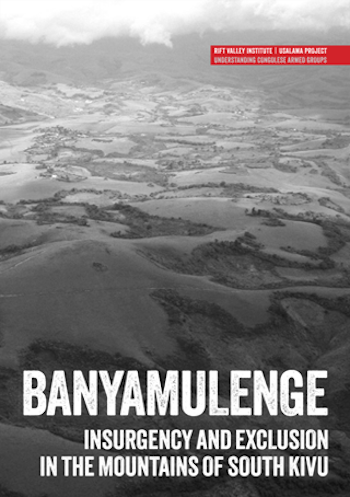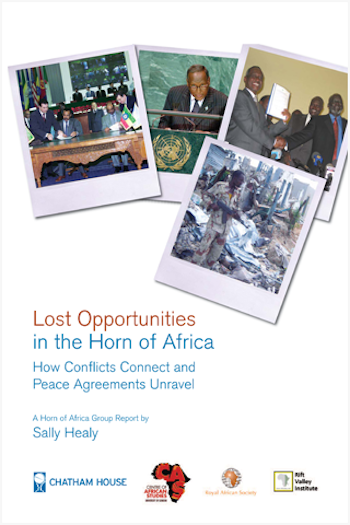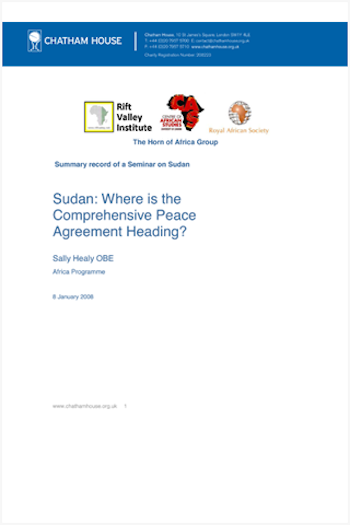Over the past two decades, urban violence in the eastern Congo has reached alarming levels, However, it has rarely made it to the forefront of international policy and media attention. Violent cities, Violent Societies analyzes urban violence through the…
RVI publishes books, research reports, research papers, briefings and meeting reports in a range of formats. Publications cover policy, research, arts, culture and local knowledge in the countries of eastern and central Africa. Research publications—books, reports and papers—are peer-reviewed. Some RVI publications are also available in French and/or Arabic.
The RVI is a signatory of the Budapest Open Access Initiative (2001); all publications are free for download in PDF format under Creative Commons licences. The views expressed in books and reports published by the RVI are those of the authors, not the Institute.
SEARCH
PUBLICATION TYPE
LANGUAGE
REGION
COUNTRY
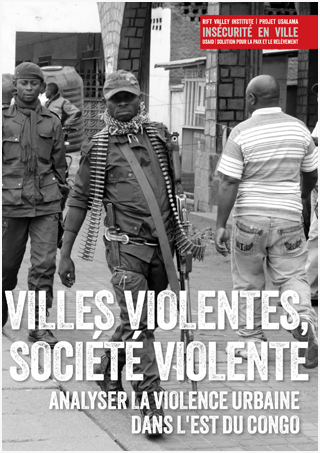
- By Judith Verweijen
- Download
Au cours des deux dernières décennies, la violence urbaine dans l’est du Congo a atteint une ampleur alarmante, cependent, il est rare qu’elle soit la priorité des politiques internationales et de l’attention médiatique. Villes Violentes, Société Violente analysent la…
War, Migration and Work outlines how the changing economy has affected social relations in the Northern Bahr el-Ghazal borderlands, particularly between the old and the young, and men and women. The result is a fraying social system, where intra-family…
The Rift Valley Institute’s Rural to urban mobility project aims to better understand the dynamics of rural to urban migration and the ways in which this phenomenon impacts the social and infrastructural fabric of cities in East Africa. It is conducted…
The Rift Valley Institute’s Rural to urban mobility project aims to better understand the dynamics of rural to urban migration and the ways in which this phenomenon impacts the social and infrastructural fabric of cities in East Africa. It is conducted…
An analytical account of the growth of “people-to-people” peace meetings in Sudan and its borderlands, with a comprehensive bibliography and time-chart of peace meetings over two decades in Southern and Northern Sudan (including Darfur and the transitional zone between…
This Usalama report by Jason Stearns et al. examines the Banyamulenge, a Tutsi community in the Eastern DRC that has been stuck in a cycle of insurgency and exclusion for over 20 years. While the last major Banyamulenge insurgency…
A comparative study of three regional peace agreements: the 2005 Comprehensive Peace Agreement in Sudan, Somalia’s Mbgathi peace process, from 2002 – 2004, and the 2000 Ethiopia-Eritrea Algiers Agreement. It examines the background and the historical context of the…
This report assesses obstacles and risks to the implementation of the 2005 Comprehensive Peace Agreement and outlines steps to be taken to avoid a return to conflict. The product of a seminar held by the Horn of Africa Group,…
A guide to Sudan’s electoral system – one of the most complex in the world – and its effects on the distribution of power. The report analyses government documents to reveal errors and ambiguities in the demarcation of electoral…
Recent Publications

Rethinking Aid in Sudan and South Sudan
January 28, 2026
The brief draws on a joint convening held in Kampala, Uganda, in November 2025, which brought together more than 45 Sudanese and South Sudanese participants representing more than 30 grassroots organizations and international NGOs. Its primary objective is to amplify

EWNET Writes: Writing Workshop Session I
December 18, 2025
The Ethiopian Women Researchers Network (EWNET) inaugural writing workshop series aims to not only provide women researchers with uninterrupted time for their scholarly projects, but also build a supportive academic community. The first session, entitled ‘EWNET Writes: Writing Workshop Session

SSC-Khaatumo: Perspectives on the significance and implications of its formation
December 12, 2025
On 15 April 2025, during a visit to the city of Las Anod in Sool, Prime Minister Hassan Abdi Barre officially declared the federal government’s recognition of SSC-Khaatumo (SSC-K hereafter) as a federal member state, marking an important milestone in

